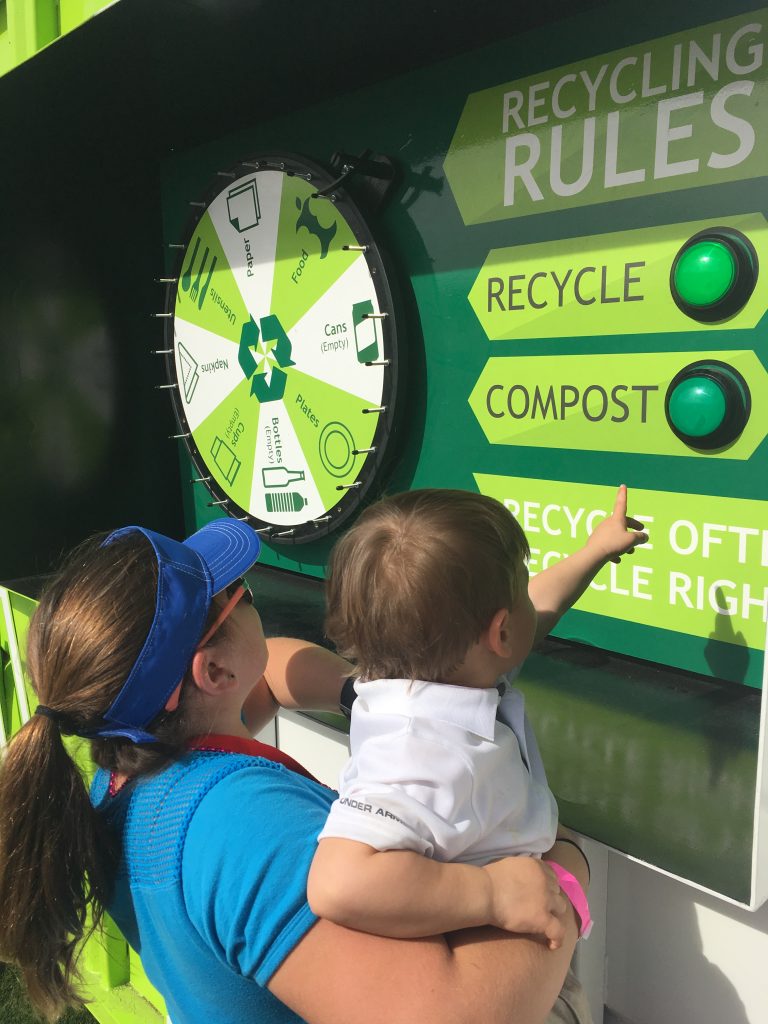
Contents
Reduce Your Waste: Learn To Recycle More Effectively
We’ve all done it: let a plastic bag go from our hands to the ground. It’s not just an inconvenience for us, but for the environment too. This blog post will provide you with some tips and tricks that can help reduce your waste and make you learn to recycle more effectively!
What is Waste?
Simply put, waste is a non-living material that we have no use for. When you look around at the amount of waste you see, it’s amazing that we don’t have a landfill for our waste. Unfortunately, this is still a reality for a lot of people. Each piece of trash we throw out is taking up space that we could use to build or grow something new. Whether that’s building homes or saving an animal, it’s an important thing to consider. Our waste can be a building block to something better.
What is Recycling?
When you toss out your recyclables at the curb, you’re allowing them to be put to good use by people all over the country. What’s even better is that the entire process benefits not just you, but everyone else who uses the cans and bottles and newspapers and cardboard. Recycling is all about maintaining the Earth, not damaging it. While not everyone in your community is likely to recycle, by focusing on different things, we can reduce our waste and create a better planet for everyone!
How to Recycle More Effectively
Every time you’re at the grocery store, and you drop something in the bag, you’re putting that item into a landfill. Although this is not a necessity, it’s not something that is easily recycled either. For this reason, the first place to start in reducing your waste is to buy your groceries in reusable bags, or to put your groceries in the trunk. This will save you money and keep your waste out of landfills. One thing that you probably don’t know, but is very important, is that single-use water bottles can be recycled. If you’re in a big city, you’re not likely to find bottles with the green lids in a bin, but when you do, you can take them out and throw them in your recycling bin.
Recycling with Food Waste and Bio-waste
In most cases, you can throw away your kitchen food waste in your compost bin. While some people consider it bad practice, you may actually save money and help the environment by doing so. Your compost bin will give your food waste a new lease on life by ensuring that the nutrients in your food waste is digested by bacteria and will break down the scraps into compost ready for the garden, or at least an excellent compost for your garden. Some other things that can be recycled with food waste are paper, eggshells, cardboard and aluminium cans.
Recycling with Paper and Glass Waste
Unlike plastic, paper and glass products do not use chlorine bleach and air flow to process. There are several ways to process paper and glass to prevent waste. The most obvious is to shred paper and then reuse the shreds. One can purchase a recycling shredder to do this. Alternatively, many will have a home shredder on hand. Alternatively, you can buy an inexpensive wooden shredder that shreds the paper into sheets. When the sheets are pulverized, the paper can be thrown into the shredder again, reducing paper waste by hundreds of pounds per year. For a small home use, these wooden shredders can be a fantastic investment for anyone who is short on storage space and is looking to start a paper shredding hobby.